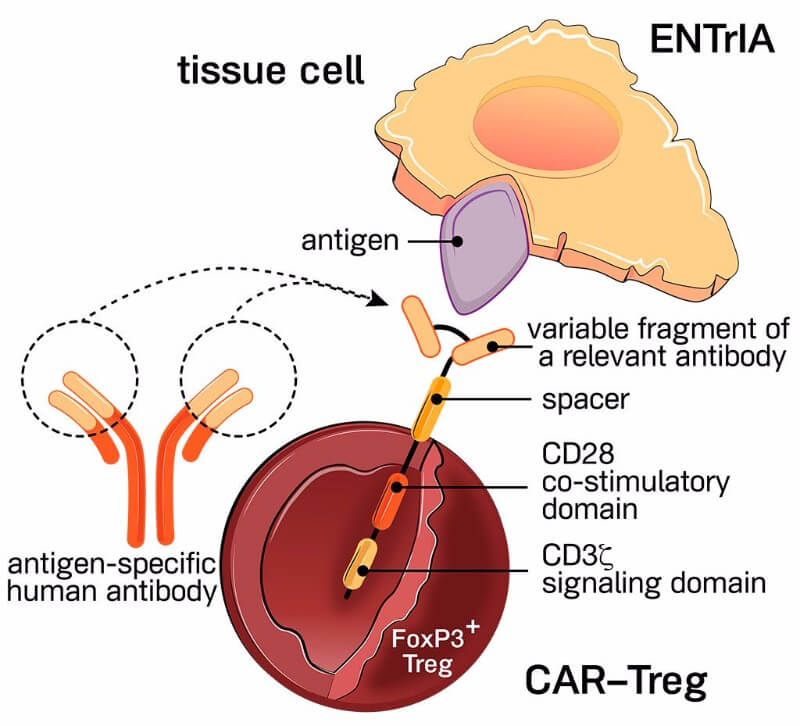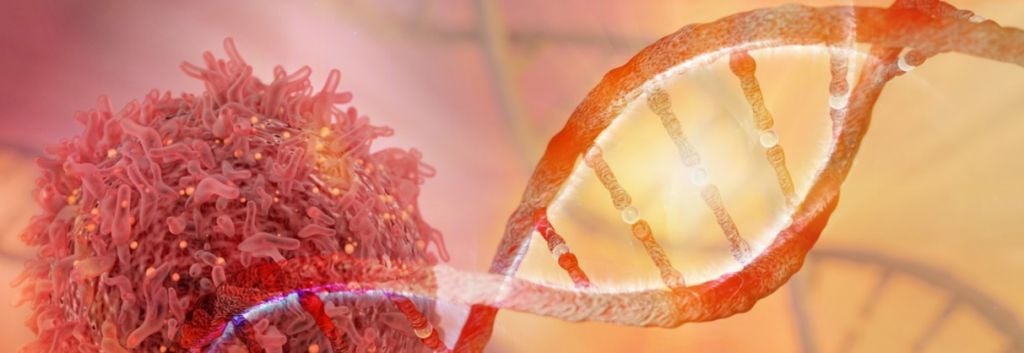Newsletter Signup - Under Article / In Page
"*" indicates required fields
TxCell has received a €1.2 loan from Bpifrance to complete preclinical trials with its CAR-Treg technology for transplant rejection and start human testing.
French biotech TxCell is finalizing the preparations to take its first cell therapy to clinical trials. The treatment, called HLA-A2 CAR-Treg, is intended for the prevention of chronic rejection after organ transplantation. Out of the €5M needed to take the therapy to the clinic, €1.2M (almost 25%) will be financed via an interest-free loan from Bpifrance, reimbursable over the next 5 years.
CAR-T cells have shown impressive results in the treatment of cancer. TxCell is aiming to extend this technology to immune diseases by “reversing” its mechanism of action.
CAR-T therapy consists of engineering T cells to express a CAR receptor that leads T cells to recognize and attack cells that express a particular tumoral antigen. TxCell engineers the expression of CAR receptors in a specific type of immune cells known as regulatory T cells (Treg). When they recognize cells with a particular antigen, they prevent the immune system from attacking them.

This immunomodulatory activity can be used to prevent the rejection of a transplanted organ without the need for immunosuppressants that deplete the immune system throughout the whole body.
Transplant rejection is a big issue: about 25% of kidney transplants and 40% of hearts are rejected just within the first year. This is worsened by the fact that the availability of organ donations is very small compared to the big demand. In the UK alone, 457 people died in 2016 because of a shortage of organ donations. A technology to prevent transplant rejection could save many lives.
In addition to TxCell’s efforts, there is a German startup called TolerogenixX that also aims to prevent transplant rejection with a cell therapy, in its case focusing specifically on kidney transplantation. Meanwhile, Dutch firm Kiadis is developing an approach to prevent rejection in hematopoietic stem cell transplantation that is getting quite close to the finish line.
Images via CI Photos /Shutterstock; TxCell






